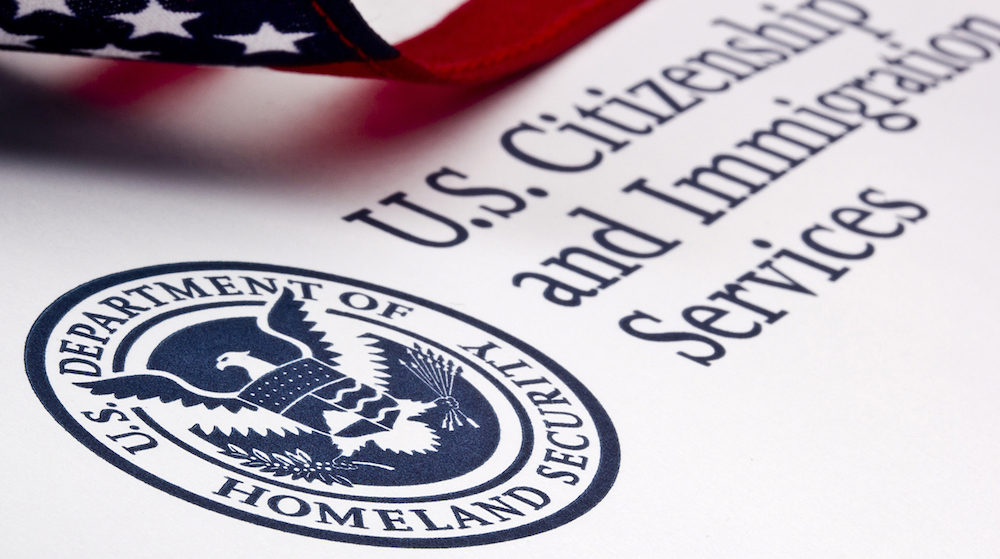This affects all H-1B petitions filed on or after April 3, 2017

United States Citizenship and Immigration Services (USCIS) has announced that it is suspending the premium processing facility of all H-1B petitions. The decision would affect all petitions filed on or after April 3, 2017. According to the USCIS news media statement on Friday, the suspension may last up to six months. Meaning that the government might extend it further, too.
“While H-1B premium processing is suspended, petitioners will not be able to file Form I-907, Request for Premium Processing Service for a Form I-129, Petition for a Nonimmigrant Worker which requests the H-1B nonimmigrant classification,” the news release read.
USCIS further explained that the current suspension applies to all the H-1B petitions including regular cap, master’s advanced degree cap exemption and to the petitions that may be cap-exempt. Currently, the Cap Count is 65,000 for H-1B Regular Cap and 20,000 for H-1B Master’s Exemption.
Apparently, the reason for this temporary suspension is to “process long-pending petitions”. The statement read that USCIS wants to process the pending cases that are nearing the 240 day mark, on priority. “This temporary suspension will help us to reduce overall H-1B processing times,” it said.
It further elaborates, “We will continue to premium process Form I-129 H-1B petitions if the petitioner properly filed an associated Form 1-907 before April 3, 2017.”
The statement said that due to the surge in H-1B petitions, USCIS decided to temporarily halt the premium processing service.
This suspension would have strong impact on several applicants from India. Under premium processing applicants could get the decision on their H-1B visa status within 15 days by paying an additional fee of $1,225 for the service. Otherwise, the H-1B waiting period could be several months.
However, if petitioners what to request for expedited processing they could submit a request. But, for this they need to meet certain criteria as explained on the USCIS webpage.
It is pertinent to mention that this comes at a time when Donald Trump is pushing for drastic measures for stricter rules on immigration and foreign skilled-worker visas to the US.



